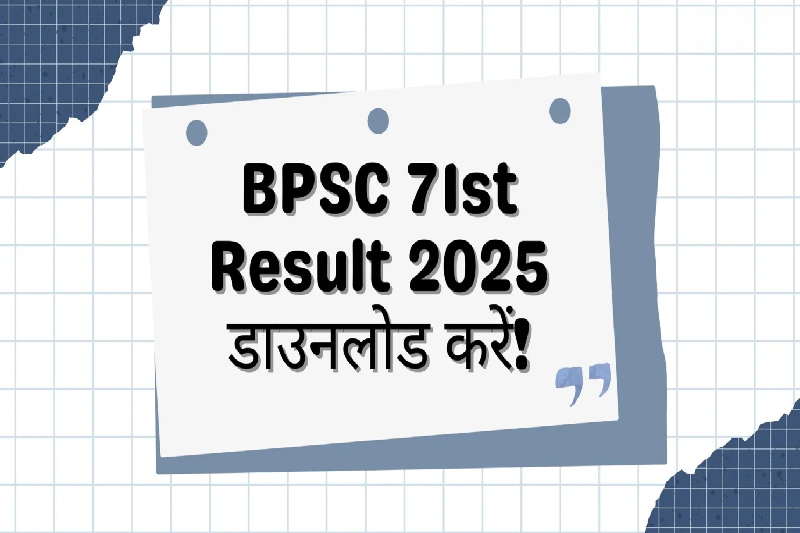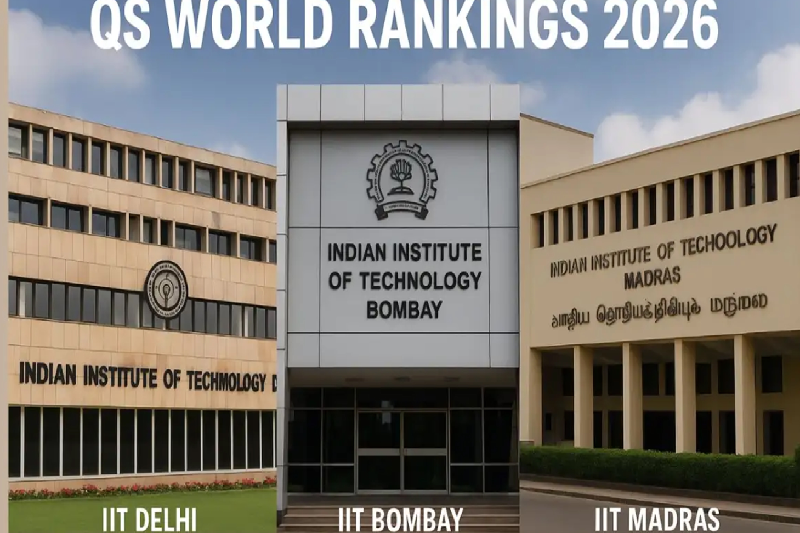
NCWEB UG Admissions 2025-26 to Begin Soon: DU to Follow Cut-Off-Based Selection, Not CUET
A Unique Pathway for Women in Higher Education
The Non-Collegiate Women's Education Board (NCWEB), under the University of Delhi (DU), is set to begin its admission process for undergraduate programmes for the 2025–26 academic session. Continuing its tradition, the board will admit students based on Class 12 cut-off marks instead of the Common University Entrance Test (CUET), setting it apart from other regular DU undergraduate courses.
This alternative education model has become increasingly significant, especially for working women or those unable to attend regular college, offering them a chance to pursue higher education with flexible weekend classes.
Admission Process: Cut-Off Based and Not CUET-Driven
While most undergraduate programmes under DU now rely on CUET for admissions, NCWEB remains an exception. Admissions to NCWEB courses will strictly follow the Class XII board exam cut-offs, much like previous years. This model allows the university to cater to a broader section of students, particularly those who may not be able to sit for competitive entrance exams or prefer a merit-based selection route.
The Common Seat Allocation System (CSAS) for regular DU UG admissions is already active. According to university sources, the application portal for NCWEB admissions will open later this week.
Seats and Demand: 13,000 Filled Last Year, Yet Vacancies Persist
In the 2024–25 academic cycle, over 13,000 seats were filled under NCWEB. However, despite the robust intake, a significant number of seats remained vacant, highlighting a mismatch between eligible candidates and demand.
The key reason for these vacancies lies in the strict cut-off criteria and a limited pool of qualified applicants. As a result, while demand exists, eligibility bottlenecks have often prevented full capacity utilization.
For the 2025–26 cycle, the university aims to streamline the admission process, potentially encouraging a more diverse and wider applicant base.
When Will NCWEB Admissions Begin? Post-CSAS Phase 2
The NCWEB admission cycle will begin after Phase 2 of the CSAS process, which includes the mid-entry window. This means students who might have missed the first phase of CSAS or are considering NCWEB as a more flexible alternative can still apply.
Applicants can submit preferences for colleges and courses once the portal is live, but admissions will be subject to merit and cut-off compliance.
Colleges Offering NCWEB Courses: Over 26 DU-Affiliated Institutions
NCWEB operates through around 26 Delhi University-affiliated colleges, providing BA and BCom courses. Notable institutions participating in NCWEB admissions include:
- Hansraj College
- Kirori Mal College
- Janki Devi Memorial College
- And many others
Students applying through NCWEB can select their preferred colleges during the online application process, and final allocations will be made based on merit, availability, and chosen preferences.
DU officials mentioned that an official list of colleges along with available seats will be published shortly, helping applicants make more informed decisions.
Flexibility for Working Women: Weekend-Only Classes
One of the biggest advantages of the NCWEB model is its exclusive weekend class format. This structure is tailored for working women, married women, or those with family responsibilities who cannot attend daily classes at regular colleges.
NCWEB students are not required to attend daily lectures but are mandated to attend classes only on Saturdays and Sundays, with a minimum 66% attendance requirement per subject. This approach allows women from all backgrounds, especially those from conservative or economically constrained families, to balance education and life obligations.
Courses on Offer: Core Focus on BA and BCom
NCWEB offers two major undergraduate degree programmes:
- B.A. (Programme)
- B.Com.
These are offered across the participating colleges, following the same curriculum and examination standards as other DU undergraduate courses. While students do not attend college regularly, they appear for the same annual examinations, ensuring parity in assessment and academic quality.
DU’s commitment to maintaining academic rigor across all its programmes, including NCWEB, has helped the board maintain its credibility and popularity over the years.
Who Can Apply: Eligibility Criteria
Students eligible for NCWEB admission must:
- Be women candidates only
- Have passed Class XII board examinations from a recognized board
- Meet the cut-off marks specified by the university during the admission rounds
No CUET scores are required. However, cut-off percentages are often high in top colleges, particularly for popular courses like B.Com.
Application Process: What to Expect
While the CSAS portal is already live for regular DU admissions, NCWEB applicants will have a separate admission portal expected to open by the end of this week. Students will be required to:
- Register on the NCWEB admissions portal
- Provide Class XII mark sheets and relevant documentation
- Choose college and course preferences
- Monitor cut-off announcements for seat confirmation
As in previous years, multiple cut-off lists will be released depending on the number of seats and responses received.
Conclusion: A Timely Opportunity for Women Empowerment
The NCWEB admission cycle for 2025–26 offers a valuable second chance for thousands of women to access quality higher education while managing personal, professional, or familial responsibilities. By continuing with a cut-off-based model, Delhi University ensures accessibility and inclusivity without compromising academic standards.
As the portal goes live later this week, interested candidates are encouraged to stay updated through DU’s official website and prepare their documentation early. In a time when higher education is more crucial than ever, NCWEB continues to uphold its legacy of flexible, inclusive, and women-centric learning.



